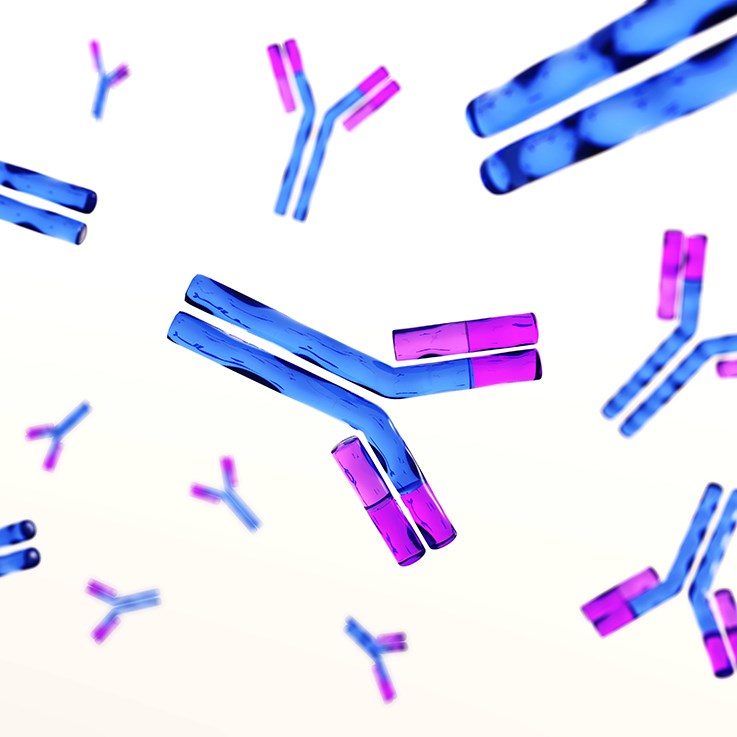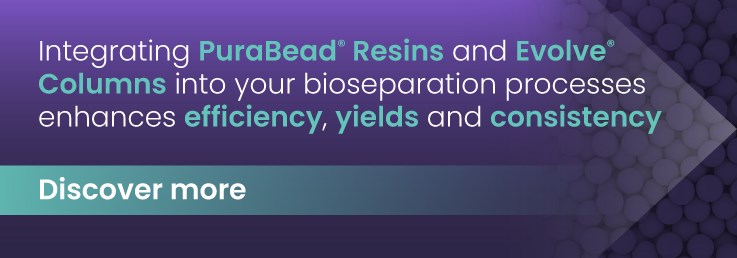Polyclonal Immunoglobulin G (IVIG), isolated from pooled human plasma, is a commercially significant therapeutic used worldwide in the treatment of primary and secondary immunodeficiency diseases, as well as in a growing number of autoimmune and inflammatory conditions. With a global market that continues to expand, IVIG remains one of the most valuable plasma-derived medicines. Traditionally, IVIG has been manufactured through cold ethanol fractionation, commonly known as the Cohn Process, which separates plasma proteins based on differential solubility. While this method has formed the backbone of large-scale IVIG production for decades, it has inherent limitations in yield, selectivity, and process efficiency.
In response, modern manufacturers are increasingly adopting chromatographic methods to improve both recovery and purity. Chromatography enables finer control over separation, enhanced reproducibility, and the ability to design purification workflows that address specific regulatory requirements. Given the complex origin of IVIG-derived from large pools of human plasma—stringent purification and viral clearance steps are essential to ensure product safety and consistency. Regulatory authorities also continue to increase scrutiny on product quality, with particular focus on reducing isoagglutinin titers, which are antibodies within IVIG that can cause hemolytic reactions. Meeting these standards requires robust, scalable, and selective purification technologies capable of delivering consistent quality across large manufacturing campaigns.
Astrea Bioseparations offers a portfolio of chromatography resins specifically designed to support IVIG production. These include mixed-mode, ion exchange, and affinity resins that can be integrated into plasma fractionation processes to enhance selectivity, reduce impurities such as isoagglutinins, and improve overall process efficiency. With their scalability, chemical stability, and proven performance in plasma-derived workflows, Astrea Bioseparations' resins provide manufacturers with flexible solutions to meet both current and emerging challenges in IVIG purification, helping ensure that patients worldwide receive safe and effective therapies.







